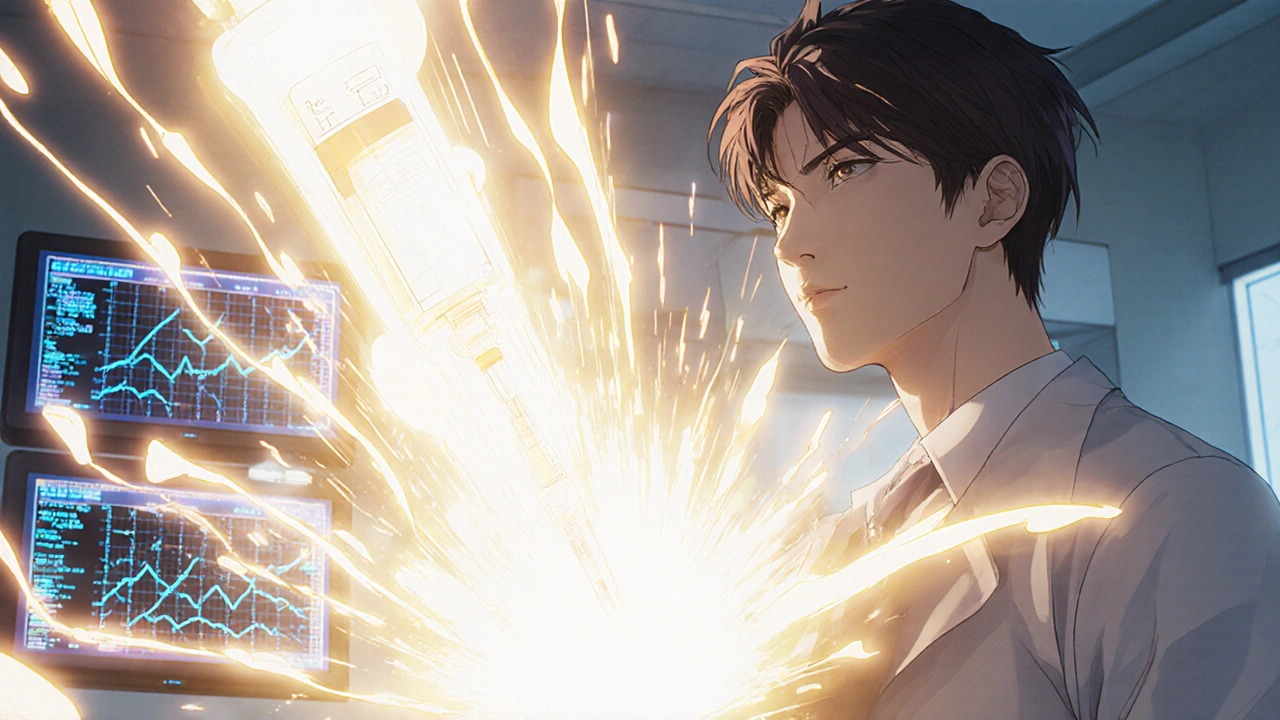Glucocorticoid Withdrawal: Symptoms, Risks, and How to Manage It Safely
When you stop taking glucocorticoid, a synthetic version of cortisol, the body’s natural stress hormone. Also known as corticosteroid, it’s prescribed for conditions like asthma, rheumatoid arthritis, and autoimmune diseases. But when you’ve been on it for weeks or months, your body stops making its own cortisol. Stopping suddenly doesn’t just cause discomfort—it can be life-threatening.
That’s where glucocorticoid withdrawal, the body’s reaction when synthetic steroids are removed too quickly. Also known as steroid withdrawal, it triggers fatigue, muscle pain, low blood pressure, nausea, and even adrenal crisis. Your adrenal glands, which normally produce cortisol, have gone quiet. They need time to wake up. This isn’t a matter of willpower—it’s biology. A slow, guided taper is the only safe way out. Many people don’t realize how long this process takes. For some, tapering off after six months of use can take over a year. Rushing it? You risk crashing your system.
Related to this is adrenal insufficiency, when your body can’t make enough cortisol to handle stress. This isn’t just a side effect—it’s a real medical condition that can show up days or even weeks after stopping steroids. Symptoms mimic the flu: weakness, dizziness, vomiting. If you’ve been on prednisone, dexamethasone, or hydrocortisone for more than three weeks, you’re at risk. Doctors often miss this because patients don’t connect their symptoms to past steroid use. That’s why tracking your dose and timeline matters. Some of the posts below show how people used lab monitoring calendars to track cortisol levels during taper, or how switching to lower-dose alternatives helped avoid a full withdrawal crash.
Glucocorticoid withdrawal isn’t something you can power through. It’s not like quitting caffeine. Your body needs a roadmap. The posts here cover real cases—people who tapered too fast and ended up in the ER, others who used structured plans with their doctors to get off safely. You’ll find comparisons of steroid alternatives, tips on managing fatigue during withdrawal, and how to recognize when it’s time to pause the taper and go back to your doctor.
Whether you’re just starting to think about coming off steroids or you’re already in the middle of withdrawal, this collection gives you the facts—not guesses. No fluff. Just what works, what doesn’t, and what your body actually needs to heal.
Long-Term Steroid Tapers: How ACTH Testing Guides Safe Adrenal Recovery
Stopping long-term steroids safely requires more than just reducing your dose. ACTH stimulation testing is the only reliable way to check if your adrenal glands have recovered. Learn how the test works, when to get it, and what to do next.






